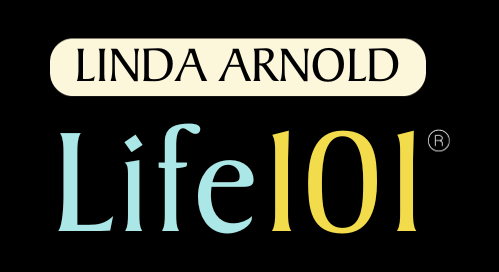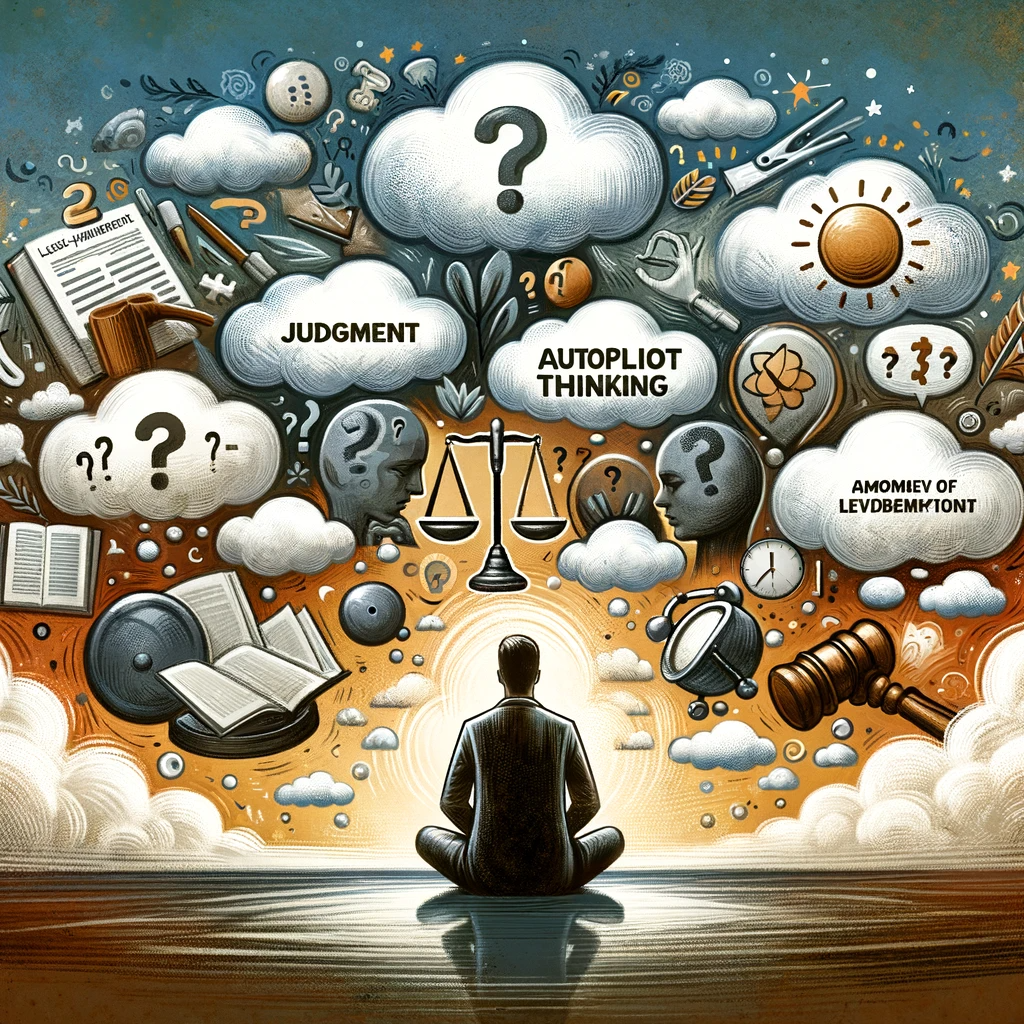I’ve been paying a lot of attention lately to the times I jump to quick conclusions.
Sometimes it seems like I’m on autopilot. When I’m able to catch myself, though, I stop to ponder that I may not have all the information.
What Did I Do Wrong?
Awhile back I attended a group meeting, and one of our outgoing pubic officials seemed rather distant and withdrawn. At first blush I wondered what was wrong – and whether our group had done anything to cause his reaction. Then, when he stepped up to the microphone with laryngitis, I learned he had been ill.
That’s when we had to “PIP it” – as my niece Caity would say – “Put it into Perspective.” And our whole experience changed.
While this is a small example, it got me thinking about how many times we go through life making assumptions. How often do you judge situations at face value and come away with the wrong conclusions?
You may have even spent needless hours ruminating over the actions of another – thinking it was all about you. You internalized a situation and judged yourself guilty – without even having a trial!
Here Comes the Judge
A seminar I attended on creativity shed some light on this topic. It was conducted by Sam Harrison, author of Ideaspotting and ZING. One of the exercises, having to do with things that block our creativity, was entitled, “Stalking the Dastardly Voice of Judgment.”
In an effort to release the blocks that judgment can set up, we were given a handout with six questions to ask ourselves at the end of a typical day:
- When do I most notice the Voice of Judgment (VOJ)?
- How many times today did I judge myself?
- How many times did I allow others to judge me?
- How many times did I judge others?
- What did the VOJ stop me from doing today?
- How did I handle the VOJ when I heard it?
Who knew the subject of judgment would be part of a seminar on creativity? At first, it didn’t seem to fit the agenda. Yet, after going through the exercise, I definitely saw the connection.
Negative News Network
When you’re tuned into NNN (Negative News Network), it’s hard to be open and curious – two essential elements for creativity. Judgment brings us down; curiosity opens us up.
In most cases, your internal critic is the loudest. So, the second question, “How many times today did I judge myself?” carries a lot of weight. If you can catch yourself in the act and stop to examine those judgments, you stand a chance of defusing that negative charge on your system.
I’ve heard of some people who have written letters to their internal judge – or journaled their thoughts. Others have moved on by acknowledging the thoughts – without giving them any power – by silently saying to that inner babbler, “Thank you for sharing.” Anything to break the grip.
I’ll Be the Judge of That
The same goes for our autopilot judging of others – whether it’s someone we know well or a stranger we see in public.
Just think about some of the everyday phrases we use – “against my better judgment” or “you be the judge of that.” And the respect we place on those who judge for a living – “Your Honor.” We’d all be better served if we could honor what is true – and not the ramblings of that inner critic!
One dictionary definition of judgment is “a balanced weighing of evidence preparatory to making a decision.” Another is “the formation of an opinion after consideration or deliberation.” And yet many of our judgments are ego-based, snap decisions based on old patterns of behavior – hardly balanced or deliberate!
From Criticism to Creativity
Clinical psychologists Hal and Sidra Stone are the creators of the “Voice Dialogue” process, a therapy that transforms the inner critic from an adversary to an ally. In their book, Embrace Your Inner Critic: Turning Self Criticism Into a Creative Asset, they explain that our inner critic checks our thoughts, controls our behaviors and inhibits our actions.
Judging yourself too quickly squashes creativity and forces irrational thoughts. Silencing the internal judge enables you to remove yourself from situations and realize you may not be to blame for others’ actions.
Critic’s Choice
That dastardly voice of judgment thinks it’s protecting you from being disliked, hurt or abandoned. Instead, it can cause shame, anxiety, depression, exhaustion and low self esteem. It can even sabotage your intimate relationships and contribute to coping mechanisms such as alcohol and drug abuse.
Through examples and exercises in their book, the Stones show how to avoid or minimize “critic attacks” and how the inner critic can become a supportive partner in life.
Sign me up! I’m really not a fan of the Negative News Network. At least I know that, with a lot of awareness and practice, I can grab the remote and change the channel.


